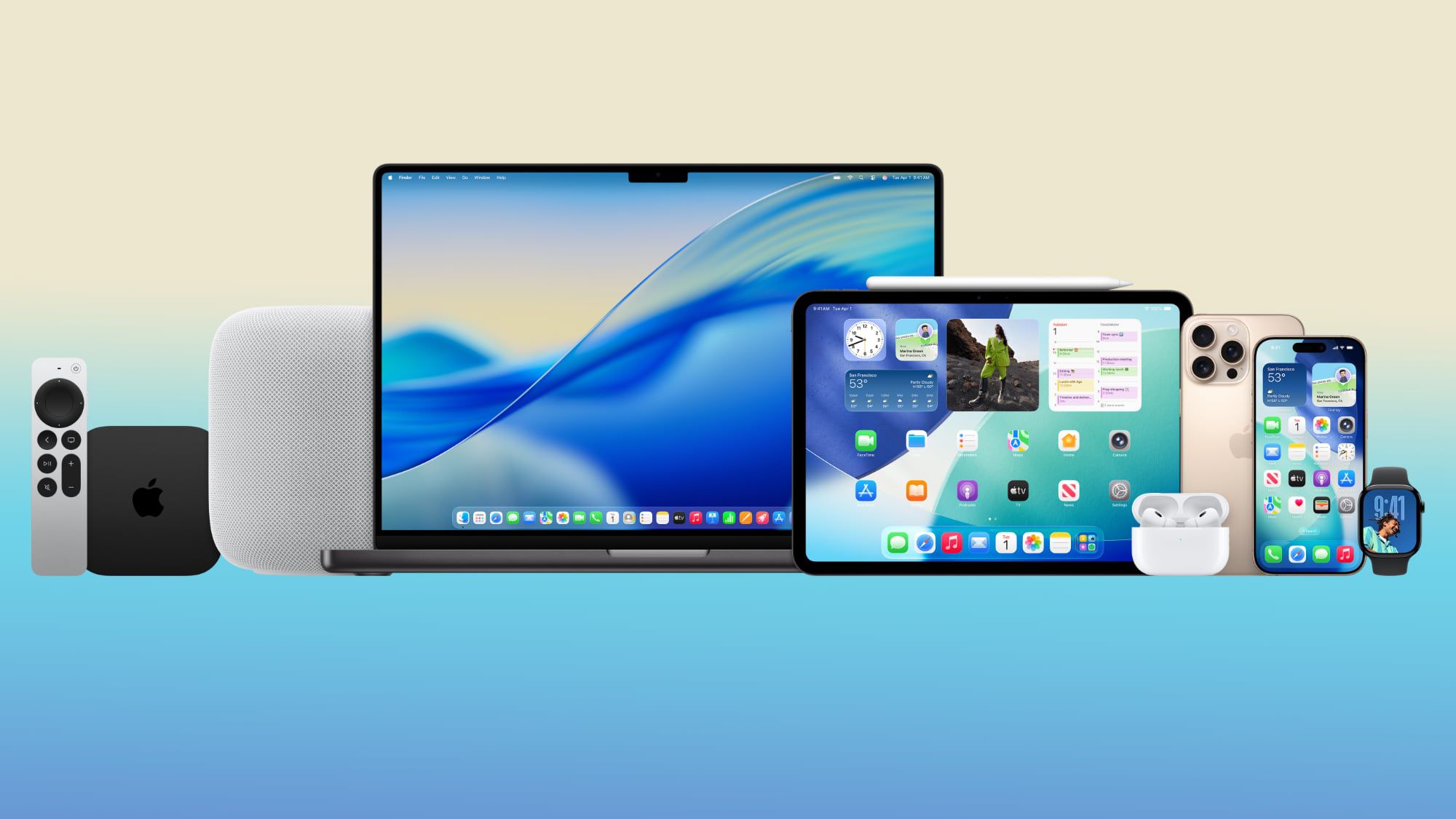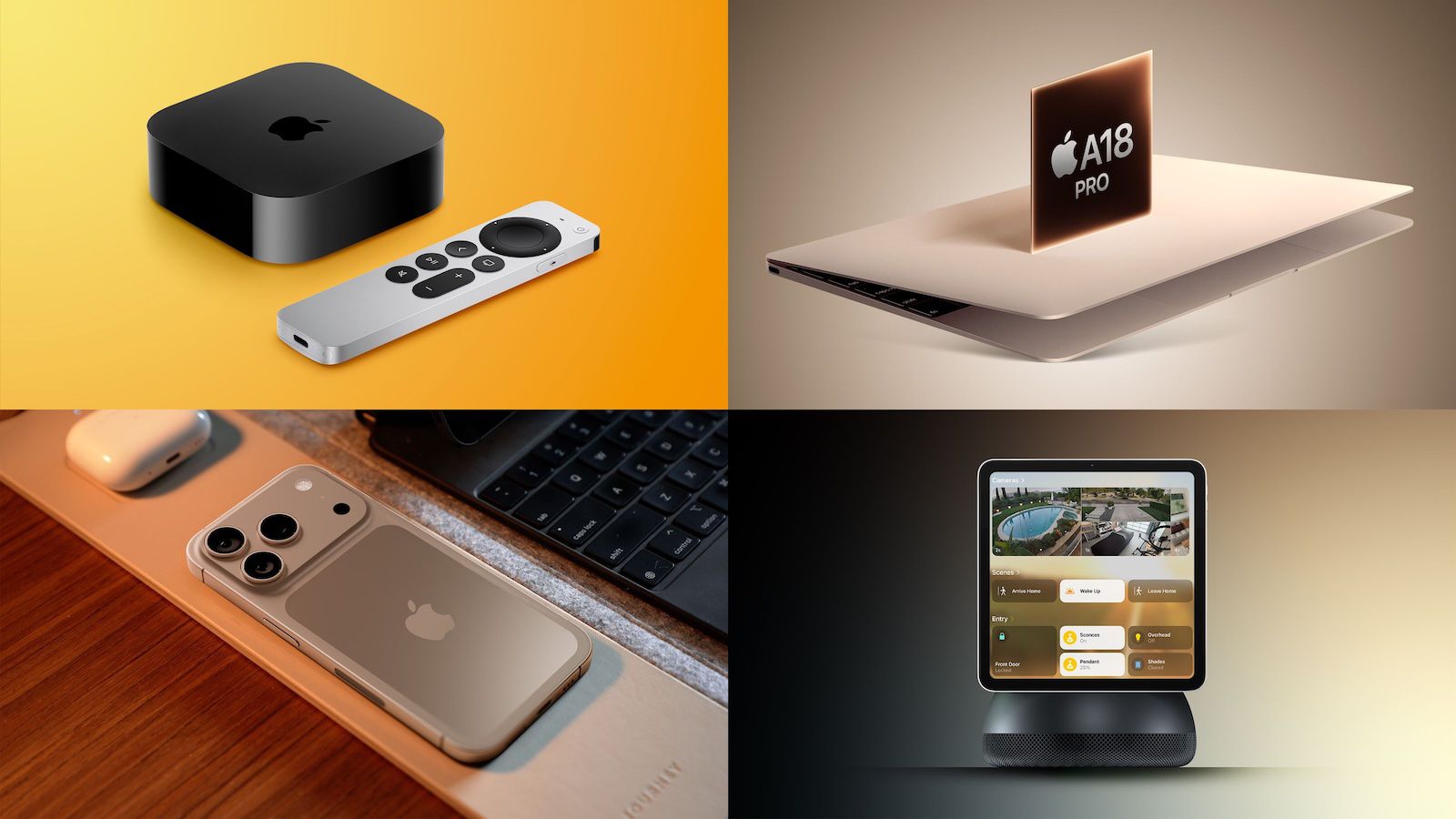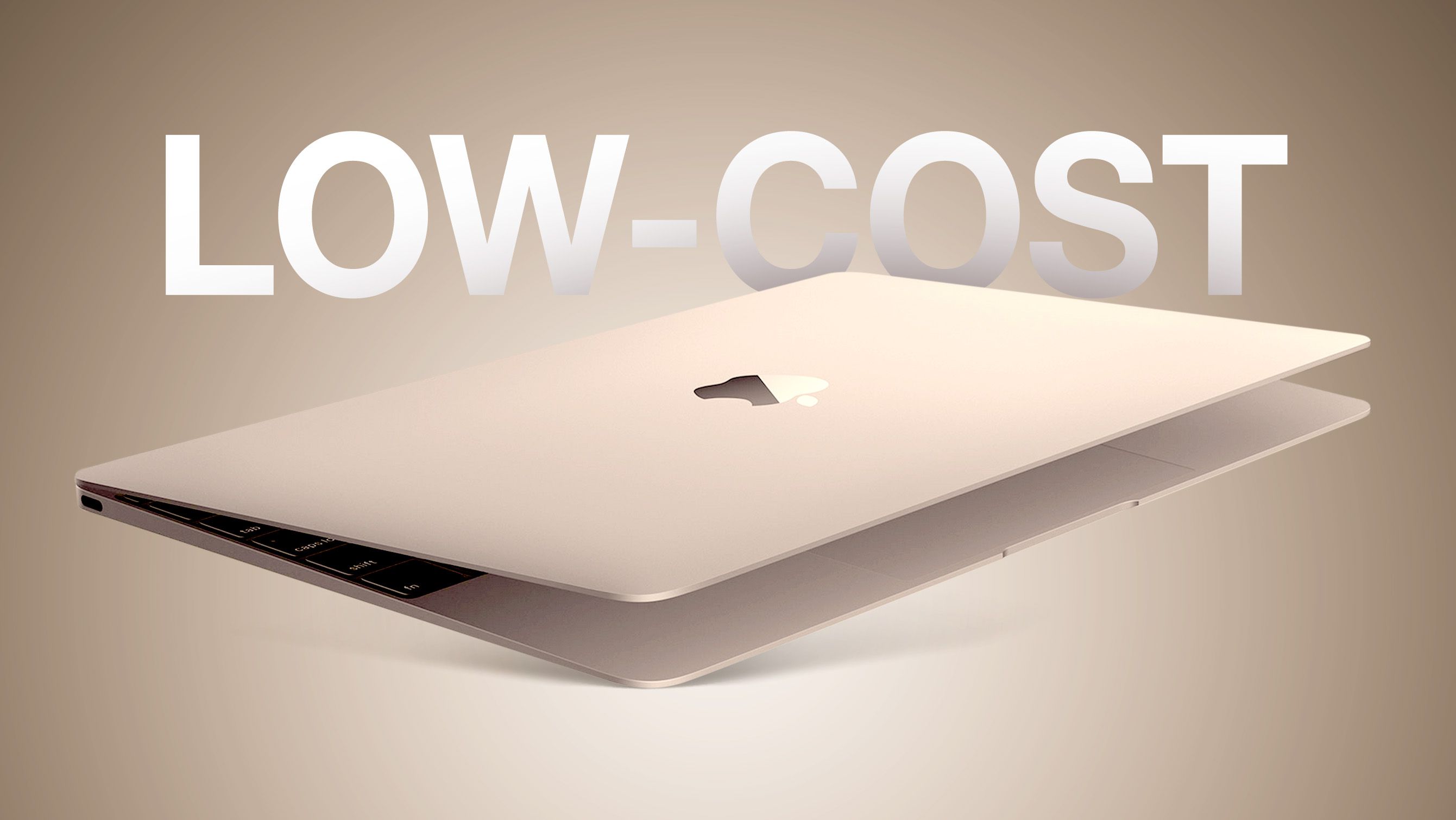Apple iPhone 17 Release: What to Expect

Introduction
The wait is almost over for the highly-anticipated release of the Apple iPhone 17 and iPhone 17 Pro. With the first day of the schedule just hours away, fans are eagerly counting down the minutes until they can get their hands on the latest devices from the tech giant. But what can we expect from these new phones? Let's take a closer look at the latest updates and rumors surrounding the release date.
Key Details
According to reports, the Apple iPhone 17 series is set to be released in September, which falls in line with the usual release schedule for new iPhones. However, there are speculations that the release could be delayed due to the ongoing global chip shortage. This could potentially push the release date to October or even November. In terms of features, the iPhone 17 Pro is rumored to have a 120Hz ProMotion display and a smaller notch, while the standard iPhone 17 is expected to have a 60Hz display and a larger notch.
Impact
The release of the iPhone 17 series is highly anticipated and will undoubtedly have a significant impact on the market. With the ongoing chip shortage and the potential delay of the release date, it will be interesting to see how this affects sales and the overall reception of the new devices. Additionally, with the rumored new features, it will be exciting to see how they will improve
About the Organizations Mentioned
Apple
Apple Inc. is a leading American multinational technology company known for pioneering personal computing, mobile devices, and software ecosystems. Founded in 1976 by Steve Jobs and Steve Wozniak, Apple revolutionized technology with the first commercially successful personal computer and mainstream adoption of the graphical user interface (GUI), setting new standards in product design, user experience, and seamless integration across devices[2]. Headquartered in Cupertino, California, Apple’s product lineup includes the iPhone, iPad, Mac computers, Apple Watch, AirPods, and services such as the App Store, Apple Music, and iCloud. The company has built a vast ecosystem that enables third-party developers to expand product functionalities, strengthening its market dominance. Apple is widely recognized for its innovation in hardware, software, and services, with an emphasis on aesthetics and privacy. In 2025, Apple committed to its largest-ever investment initiative, pledging $600 billion over four years in the United States to boost manufacturing, research and development, and advanced technology sectors like artificial intelligence (AI) and silicon engineering[1][3]. This includes new manufacturing facilities, expanded R&D centers, and a program called the American Manufacturing Program (AMP) to encourage domestic production of critical components. These efforts support over 450,000 U.S. jobs and aim to establish a robust supply chain within the country[3]. Financially, Apple remains a powerhouse with a market capitalization of $3.84 trillion and annual revenue exceeding $400 billion. However, in 2025, it faced challenges including a 19% decline in stock value, intensified regulatory scrutiny from the U.S. Department of Justice over antitrust issues, legal disputes related to the App Store, and competitive pressure in AI technology[1][2]. Despite these hurdles, Apple continues to innovate, recently updating its software platforms with a unified "Liquid Glass" design and expanding its AI-driven personal assistant, Apple Intelligence[1]. Under CEO Tim Cook’s leadership, Apple balances technological advancement
















